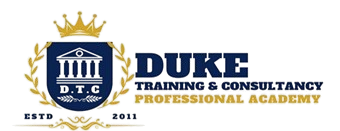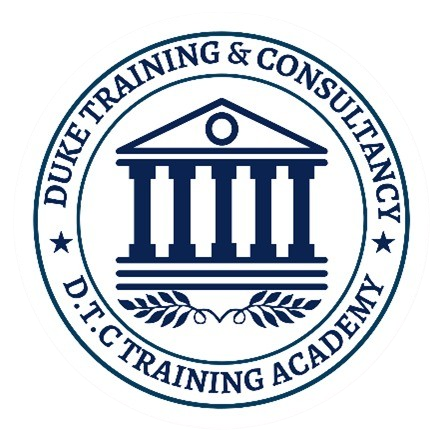E-Learning
Toyota Production System
Project information
- Duration2 Hours
- PriceRM 100
- Skill areaQuality Management and Productivity
- Enroll Now
Course Requirements
- Preferred Requirement: Background in operations, engineering, quality management, or supply chain management with a focus on operations, process improvement, or quality control.
- Minimum Requirement: Open for all.
- Medium of Instruction: English
- Requirement: Candidates should be able to read, write, and communicate with basic English as the course materials and instruction will be conducted in English.
- Open-mindedness: Willingness to learn new concepts and challenge existing ways of thinking.
- Stable internet connection for online sessions and access to the LMS.
- A laptop or desktop computer (with webcam and microphone) to participate in virtual classes, discussions, and assignments.
- Software access: Ability to download necessary files or tools as provided in the course.
Course Description
This self-paced e-learning course provides a thorough introduction to the Toyota Production System (TPS) and Lean Manufacturing, ideal for professionals aiming to enhance operational efficiency and reduce waste in their organizations. Designed for flexible online learning, this course allows participants to explore the principles of TPS and Lean at their own pace through engaging multimedia content, and interactive exercises.
Throughout the course, participants will learn how key TPS principles like Jidoka (automation with a human touch), Just-In-Time (JIT), Kaizen (continuous improvement), and Heijunka (production leveling) can be applied to streamline processes, reduce variability, and drive long-term success. With online assessments and practical tools, participants can immediately apply these methodologies in their work environments.
Course Outcomes
By the end of this e-learning course, participants will:
- Understand the fundamental concepts of TPS and Lean Manufacturing and how they improve operational performance.
- Identify and reduce waste, variability, and overburden using Lean principles.
- Apply continuous improvement strategies (Kaizen) within a variety of operational settings.
- Implement pull systems and process flow improvements to minimize overproduction and optimize workflow.
- Utilize tools such as Kanban, Andon, and Jidoka to monitor and improve production processes.
- Improve quality control and efficiency by standardizing operations and reducing errors with Poka-Yoke.

